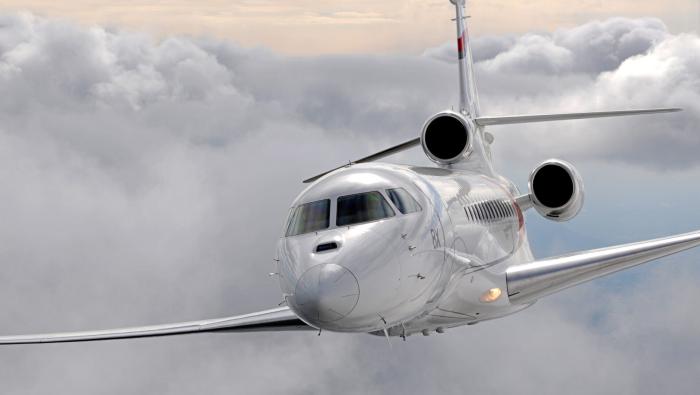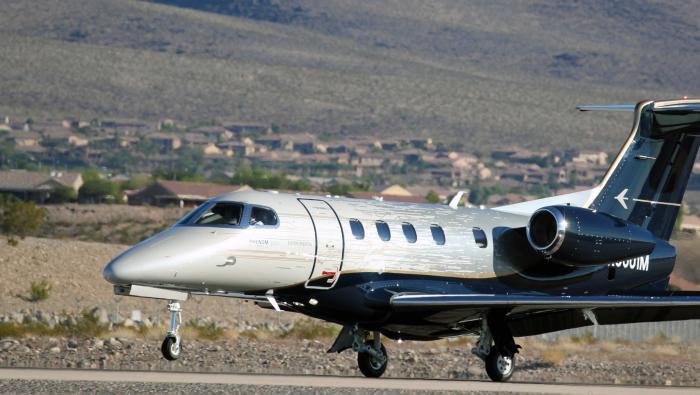Andalusian aerospace cluster Hélice (Hall 1 Stand C8) is promoting the capabilities of the Spanish region’s companies and research facilities, including its flagship: Airbus’s final assembly line for the A400M military transport. Hélice is also attending the 2012 Farnborough International Airshow on behalf of about 120 other firms, some 90 percent of which are based on the Seville-Cadiz axis.
Cluster president Juan Pedro Vela said that only 37 member enterprises are active in the cluster’s “business action council,” but he insisted that Hélice represents all of Andalusia’s significant aerospace firms. In the course of this year, four enterprises have joined the cluster: Metal Improvement Company (MIC), Indaero Tecnigrab, Aercal and Global Q.
Vela highlighted Hélice’s research-and-development support services, such as the Centre for Advanced Aerospace Technologies, Fada-Catec, based in Seville. It has rapid manufacturing and prototyping machines for components made from polyamide, a kind of polymer that is being investigated for aerospace applications. “Rapid manufacturing techniques with polymers are of interest for producing small pieces for subassemblies, as they avoid tooling investments,” Vela explained. In addition, polyamide components are much lighter than their metallic equivalents.
Also an initiative of the Fada-Catec, the Atlas flight-test center is to be operational for UAV trials next year. After some delay, construction works, near Jaén, are to start this summer. “It will be open to all those public or private enterprises and entities willing to undertake their flight tests with light and tactical unmanned systems–up to 650 kilograms/1,430 pounds,” Vela told AIN.
The Andalusian aerospace industry had a turnover of almost $2.5 billion in 2010, based on the most recent numbers available, and employed more than 10,000 people. These represented increases of 26 percent and 10 percent, respectively, from the year before.
Asked about the impact of the financial crisis in Spain, Vela emphasized that the aerospace industry “is one of the few productive sectors that are resisting well the international credit crunch at national level.” He acknowledged, however, that budget cuts by the Spanish administration affect research, development and innovation support. “Like other productive industries, aeronautics is being affected in this sense,” he said.







